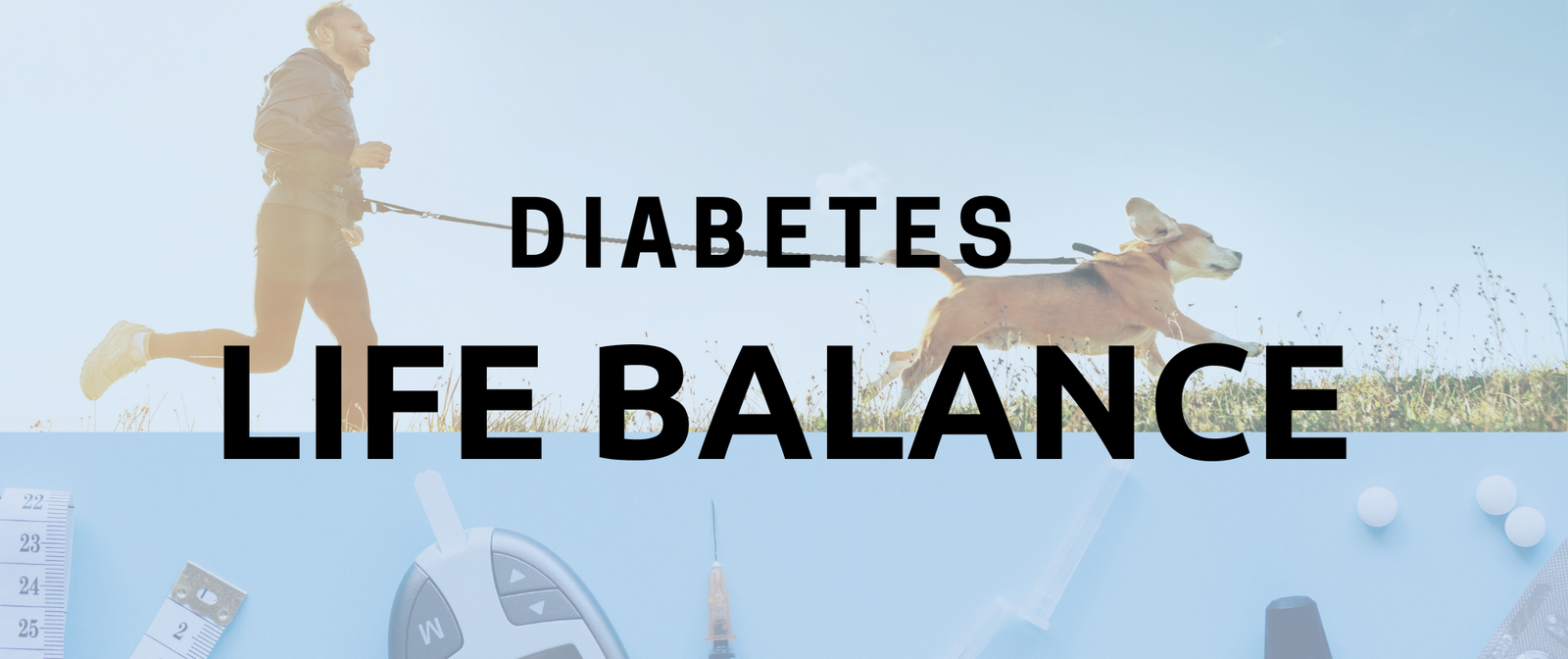Embarking on the journey to a healthier life is monumental. Early-Day Fasting is an astonishingly potent tool among the myriad health strategies. In this article, we unveil how this remarkable dietary approach can significantly lower your risk of diabetes.
The Dawn of New Beginnings: Understanding Early-Day Fasting
Early-Day Fasting is a system that combines intermittent fasting with meal timing. It emphasizes consuming most of our daily calories early and fasting (not eating) throughout the rest of the day.
What Constitutes Early-Day Fasting?
- Morning Feast: A substantial portion of daily caloric intake happens in the morning.
- Limited Evening Consumption: A drastic reduction or complete abstaining from food post-afternoon.
- Fasting Window: A fasting period, typically lasting 14-18 hours until the following day.
Scientific Revelations: Early-Day Fasting’s Role in Combating Diabetes
Extensive research has shown that Early-Day Fasting could be our secret weapon in the fight against diabetes. But what exactly do the studies and reporters tell us? Lets now delve into the science.
Chronobiology – The Rhythmic Symphony of Our Bodies
Our bodies harbor an internal clock, termed the circadian rhythm. And this ‘clock’ influences our metabolism. As the sun goes down, so does our metabolic efficiency. Early-Day Fasting capitalizes on the body’s peak metabolic periods.
Insulin Sensitivity – The Guardian Against Glucose
Early-Day Fasting boosts insulin sensitivity. Enhanced sensitivity facilitates glucose uptake into cells, keeping blood sugar levels in check. When we have too much sugar (glucose), our bodies create insulin to help us absorb it into cells. As with anything, prolonged exposure leads to desensitization. That means if our body constantly releases insulin, our sensitivity lowers. Leading to the insulin provided losing its efficacy.
Reduced Oxidative Stress – The Shield Against Cellular Damage
Lower evening caloric intake minimizes the production of free radicals. This mitigates oxidative stress, which is instrumental in preventing diabetes.
A Tapestry of Success: Real-Life Results
Phenomenal Early Time-Restricted Feeding (eTRF) Study
Several studies vividly show Early-Day Fasting’s triumphs in diabetes reduction. One such study on the impact of afternoon and evening fasting was referred to as the eTRF study. This study and subsequent report promote eating the last meal by mid-afternoon and fasting until breakfast. Participants manifested improved insulin sensitivity, β-cell function, blood pressure, oxidative stress levels, and appetite.
8-Hour Diet Study Revelations
Participants consumed food within an 8-hour window, focusing on morning and early afternoon meals. They showed remarkable reductions in insulin resistance and inflammatory markers.
Incorporating Early-Day Fasting: Your Game Plan
Successful adoption of Early-Day Fasting entails meticulous planning. You will need to appreciate that changing your diet can and is challenging. You will feel hungry when you start fasting. But don’t give up. The benefits will outweigh the short, uncomfortable time we deal with as our bodies adjust to our new eating schedule.
The Morning Powerhouse
Construct a nutritionally-dense breakfast. Include whole grains, proteins, healthy fats, and fruits. The only sugars you should incorporate in your morning meal are those found naturally in fruits. Avoid processed or refined sugars as much as possible.
Mid-Day Nutritional Prowess
Create a balanced lunch that will satisfy you without feeling hungry. Meals that lead to feeling full include vegetables, lean proteins, and whole grains. We must make it as easy as possible to change our eating habits successfully. And eating meals that do not leave us wanting more is imperative if we make this lifestyle change permanent.
Traversing the Evening with Caution
As the sun sets, limit food consumption. Opt for light, easily digestible fare – if you must have this meal. You will not starve by skipping this evening meal. The longer you can go without eating, the more time your body has to accept the glucose already in your blood. This time will allow the insulin to do its job and gradually regain effectiveness.
Early-Day Fasting as a Cornerstone for Health
With its scientific underpinning and real-life success stories, Early-Day Fasting emerges as a compelling strategy to reduce the risk of diabetes. Embrace this dietary symphony and unlock the doors to a healthier future.
Further reading
- Sutton, E. F., Beyl, R., Early, K. S., Cefalu, W. T., Ravussin, E., & Peterson, C. M. (2018). Early Time-Restricted Feeding Improves Insulin Sensitivity, Blood Pressure, and Oxidative Stress Even without Weight Loss in Men with Prediabetes. Cell Metabolism, 27(6), 1212-1221. Link to the article
- Moro, T., Tinsley, G., Bianco, A., Marcolin, G., Pacelli, Q. F., Battaglia, G., … & Paoli, A. (2016). Effects of eight weeks of time-restricted feeding (16/8) on basal metabolism, maximal strength, body composition, inflammation, and cardiovascular risk factors in resistance-trained males. Journal of Translational Medicine, 14(1), 290. Link to the article
- Hatori, M., Vollmers, C., Zarrinpar, A., DiTacchio, L., Bushong, E. A., Gill, S., … & Panda, S. (2012). Time-restricted feeding without reducing caloric intake prevents metabolic diseases in mice fed a high-fat diet. Cell Metabolism, 15(6), 848-860. Link to the article
- Gabel, K., Hoddy, K. K., Haggerty, N., Song, J., Kroeger, C. M., Trepanowski, J. F., … & Varady, K. A. (2018). Effects of 8-hour time restricted feeding on body weight and metabolic disease risk factors in obese adults: A pilot study. Nutrition and Healthy Aging, 4(4), 345-353. Link to the article
These references provide scientific insights into the impact of Early-Day Fasting on diabetes risk reduction.



